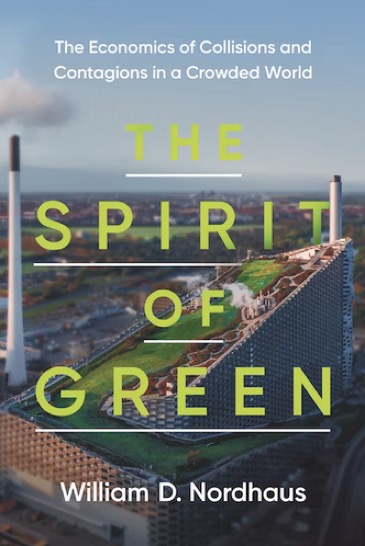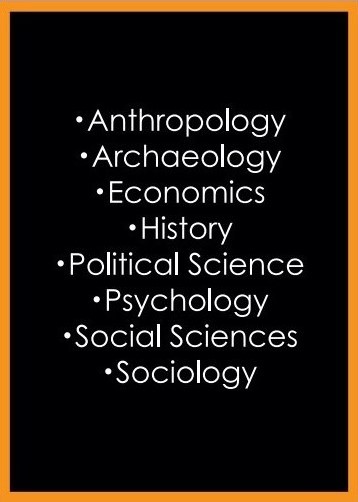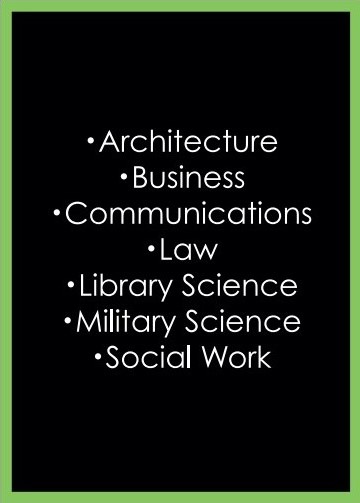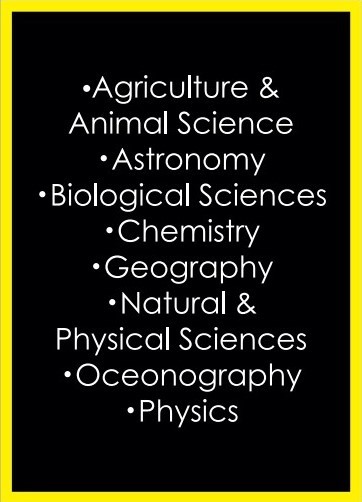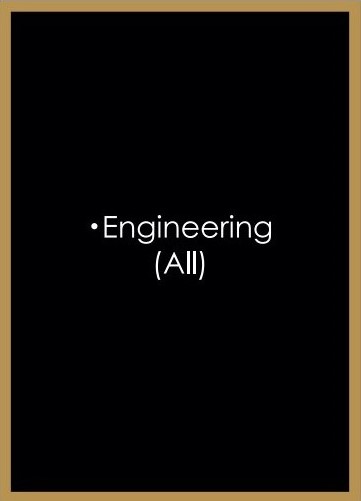The Spirit of Green
Breve Descripción
En The Spirit of Green, el economista ganador del Premio Nobel William Nordhaus describe una nueva forma de pensamiento ecológico que nos ayudaría a superar nuestros mayores desafíos sin sacrificar la prosperidad económica, en gran parte teniendo en cuenta los costos indirectos de las colisiones económicas.
Breve descrição
Em The Spirit of Green, o economista ganhador do Prêmio Nobel William Nordhaus descreve uma nova forma de pensamento ecológico que nos ajudaria a superar nossos maiores desafios sem sacrificar a prosperidade econômica, em grande parte levando em conta os custos indiretos de crises econômicas.
Full description
Solving the world’s biggest problems—from climate catastrophe and pandemics to wildfires and corporate malfeasance—requires, more than anything else, coming up with new ways to manage the powerful interactions that surround us. For carbon emissions and other environmental damage, this means ensuring that those responsible pay their full costs rather than continuing to pass them along to others, including future generations. In The Spirit of Green, Nobel Prize–winning economist William Nordhaus describes a new way of green thinking that would help us overcome our biggest challenges without sacrificing economic prosperity, in large part by accounting for the spillover costs of economic collisions.
In a discussion that ranges from the history of the environmental movement to the Green New Deal, Nordhaus explains how the spirit of green thinking provides a compelling and hopeful new perspective on modern life. At the heart of green thinking is a recognition that the globalized world is shaped not by isolated individuals but rather by innumerable interactions inside and outside the economy. He shows how rethinking economic efficiency, sustainability, politics, profits, taxes, individual ethics, corporate social responsibility, finance, and more would improve the effectiveness and equity of our society. And he offers specific solutions—on how to price carbon, how to pursue low-carbon technologies, how to design an efficient tax system, and how to foster international cooperation through climate clubs.
The result is a groundbreaking new vision of how we can have our environment and our economy too.
Social science
otras áreas de / interés...
other areas of / interest...
outras áreas de interesse...
¿Buscas un título en un área específica?
¿Buscas un título en un área específica?
¿Buscas un título en un área específica?




